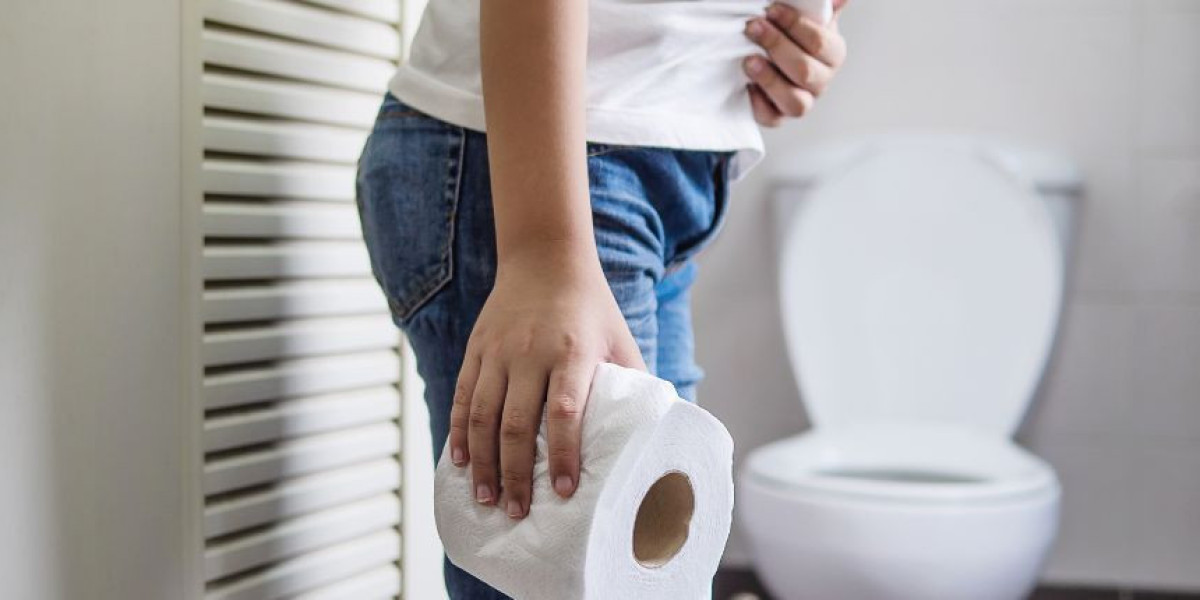What is Bali Belly?
"Bali Belly" is a common term used to describe traveler's diarrhea, an ailment that affects many visitors to Bali. It's often caused by ingesting contaminated food or water, leading to symptoms such as stomach cramps, nausea, vomiting, and diarrhea. While it can be quite uncomfortable, Bali Belly is usually not serious and can be treated effectively.
Preventing Bali Belly
The best way to handle Bali Belly is to prevent it altogether. Here are some key preventive measures:
Food and Water Safety:
- Drink only bottled or boiled water.
- Avoid ice cubes unless you are certain they are made from purified water.
- Choose to eat at reputable restaurants and be cautious with street food unless it is freshly cooked and served hot.
- Thoroughly wash fruits and vegetables, and peel them when possible.
Personal Hygiene:
- Wash your hands frequently with soap and water, especially before eating.
- Use hand sanitizers when washing facilities are unavailable.
Treating Bali Belly
If you do end up with Bali Belly, here are some effective treatments to help alleviate the symptoms:
Stay Hydrated:
- Staying hydrated is crucial. Drink plenty of fluids like bottled water, oral rehydration solutions, or electrolyte drinks.
- Avoid caffeine and alcohol, as they can contribute to dehydration.
Rest:
- Allow your body to recover by getting plenty of rest.
Adjust Your Diet:
- Eat bland, easy-to-digest foods such as rice, bananas, applesauce, and toast (the BRAT diet).
- Avoid dairy products, fatty foods, spicy foods, and anything that might irritate your stomach further.
Medications:
- Antidiarrheal Medications: Over-the-counter medications like loperamide (Imodium) can help reduce diarrhea, but they should be used sparingly and not for more than two days.
- Probiotics: These can help restore the natural balance of bacteria in your gut.
- Antibiotics: In severe cases, a doctor may prescribe antibiotics if the cause is bacterial.
Natural Remedies:
- Ginger: Known for its anti-nausea properties, ginger can be consumed as tea or in supplement form.
- Peppermint: Peppermint tea can help soothe stomach cramps and reduce nausea.
When to See a Doctor
While Bali Belly usually resolves on its own, you should seek medical attention if you experience:
- Severe or persistent symptoms lasting more than 48 hours.
- High fever or chills.
- Blood in your stool.
- Signs of severe dehydration (dizziness, dry mouth, reduced urination).








